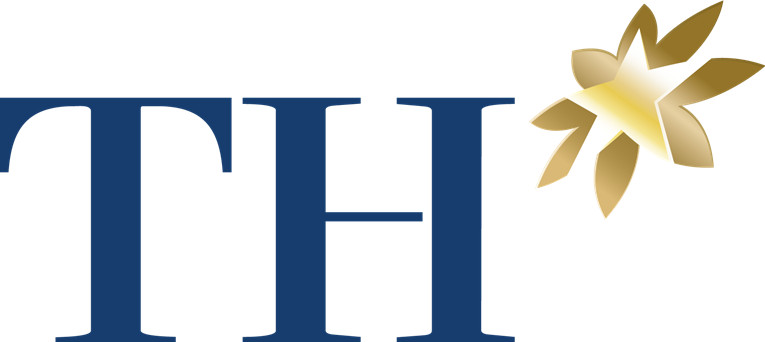Goods produced in Vietnam are in the 'target' of international brands
Fast Retailing, Walmart, Amazon... are promoting trade promotion, looking for sources of goods and partners in Vietnam.
Mr. Ta Hoang Linh, Director General of the European - American Market Department (Ministry of Industry and Trade) said that currently, many large corporations and businesses want to purchase a lot of Vietnamese goods. However, the quality requirements for imported goods have changed a lot compared to before. Specifically, markets such as the US and EU have high requirements for sustainable products, production processes that reduce emissions, save raw materials and input fuel...

"Connecting domestic businesses with corporations and international purchasing businesses helps businesses have more opportunities to consume goods and participate more deeply in the global supply chain of goods, especially in the context of exporting goods." Exports decreased because major markets reduced purchases of goods," said Mr. Ta Hoang Linh.
According to Mr. Linh, in order to support export businesses to connect more effectively, the Ministry of Industry and Trade will organize a series of events "Connecting international goods supply chains" (Vietnam International Sourcing 2023) from September 13 - 15 .
Regarding the need to find textile and garment sources in Vietnam, Uniqlo brand owner affirmed that Vietnam has become a solid and key base in the production of textile and garment products, improving the supply chain. Therefore, Uniqlo prioritizes purchasing for the Vietnamese market. The brand is currently developing many improvements to its supply chain in Vietnam, which can further increase its presence through collaboration.
Because according to this person, to produce garments, focusing only on final production is no longer appropriate. The Group needs cooperation between input and output factors to have more domestic raw material and support factories.
Accordingly, Uniqlo's priority in the coming time is products based on real life needs, with simple, high-quality daily outfits.
At the end of 2019, Uniqlo opened its first store in Ho Chi Minh City, and the sixth store in Southeast Asia. Chairman and CEO of Fast Retailing, owner of the Uniqlo brand, Tadashi Yanai has evaluated Vietnam as one of the most potential markets in the region.
Not only Uniqlo, but in the upcoming "Commodity Supply Connection" event series taking place in September in Ho Chi Minh City, a series of big companies such as Uniqlo, Aeon, Amazon... will also promote product purchasing. Vietnamese products.
Previously, as Nhadautu.vn reported, Walmart, the leading US retail corporation, is expected to send senior personnel to participate in the "Connecting international suppliers" event to introduce and seek opportunities. Cooperate with Vietnamese businesses in this group's global value chain.
Accordingly, the 6 fields that Walmart wants to find partners through this series of events include clothing and accessories, shoes, textiles and accessories, consumer electronics, furniture, food and other goods. consumption.
A representative of the Ministry of Industry and Trade said that currently, high-level markets such as Japan, the US, and the EU are aiming to purchase sustainable products such as green, clean, and environmental protection. And representatives of brands wishing to purchase Vietnamese goods are also aiming for environmental standards, social responsibility, labor...
Walmart representatives also noted to businesses the most important factors when evaluating suppliers in Vietnam such as corporate capacity, supply ability, financial stability, sustainable development and compliance. environmental commitment.
Recently, the European Commission (EC) has proposed applying a mandatory extended producer responsibility (EPR) program to textile and garment manufacturing enterprises, forcing textile and garment manufacturing enterprises to ensure their responsibility. for the entire product lifecycle, supporting the sustainable management of textile waste across Europe.
"In the coming time, domestic enterprises need to focus on investing heavily in manufacturing factories, fabric quality sources, and creating price competition. At the same time, they must comply with circular production processes, reduce waste from textiles and garments, use environmentally friendly materials, and use recyclable materials in the production process to increase cooperation and supply of goods to these brands," said representative of the Ministry of Industry and Trade giving advice to domestic businesses.
Minh Toan


